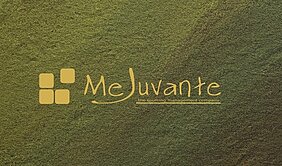In the world of work, deadline rushing and stress are on the rise, a phenomenon often referred to as 'time poverty.' This constant pressure can significantly reduce employee productivity. In many companies, presence at work is mistakenly equated with productivity, with promotions often awarded on the basis of workload rather than actual performance. In fact, good work performance requires efficient and focused work, not multitasking or a culture of constant busyness.
As leaders, we need to take steps in the future to create an optimal work environment and support our employees. It is important to ensure that our employees have sufficient time for concentrated work, also known as 'deep work.' This promotes productivity and creativity. In addition, we grant freedom in the form of workation, which improves employees' well-being and increases motivation.
To encourage performance, we should reward employees for results achieved rather than attendance on-site. This can help create a results-oriented culture that applies across working generations.
Generation Z, born between 1995 and 2009, values morals and sustainability at work. They prefer to work flexibly and independently from any location and value a 'purpose' in their work. They don't want a boss but a coach and tend to change jobs quickly when facing new challenges. Generation Z has excellent digital skills but often lacks soft skills that can be developed.
Generation X, born between 1965 and 1979, tends to have greater crisis management and adaptive skills, probably due to their experience of upheavals such as digitalization, recession, and high unemployment. They have a strong work ethic and are often willing to take on more responsibility but tend to have a sequential prolonged work style.
The challenge for companies is to find the balance between hiring young, digitally competent Generation Z employees and the more experienced Generation X employees. And how can companies accommodate the different needs and work styles of Generation Z and Generation X and create a work environment that supports both?
Request our project management approach ThreePs©, which provides you with strategies and approaches to increase and unite the loyalty and commitment of all generations! Use your talents in such a way that your transformation projects and transformation processes are served to the satisfaction of all involved, irrespective of the talent background.
